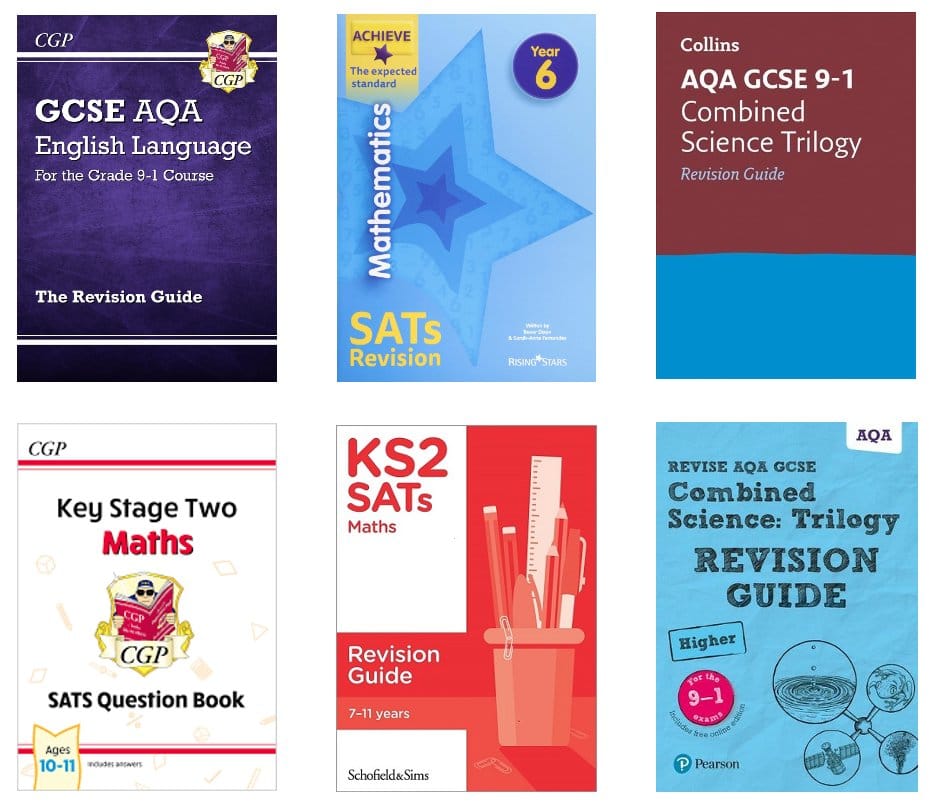



Read this… ‘Liz Truss culpa de su caída política al ‘establishment’ económico del Reino Unido La ex primera ministra conservadora defiende su rebaja de impuestos y asegura que “nunca se le dio una oportunidad real” de impulsarla El modo más fácil en política de admitir errores sin admitir culpa es


‘Ro-man soc…i-e-ty… The army tried to con…q…u…er new lands for their v…ast Em-p-i…re.’ It is all-too common to hear arduous attempts at reading aloud in classrooms. Particularly with younger pupils, well-meaning enthusiasm, stretching their hands into the sky, is often followed by dysfluent reading.


It is the time of year when well-meaning parents pay for a legion of revision guides and they sit atop all the book charts. The sobering truth is that the purchase is both optimistic and likely lacking in the specific supports and guidance required to use it well. Students are

Benjamin Franklin may be one of the most interesting people in modern history. Born into poverty, leaving school aged 10, he then became a famed president, inventor, thinker, and writer. His story of teaching himself to write may be a little famous too. Franklin, without a teacher, and with very


Perhaps the most popular of all cognitive science topics is retrieval practice. It is popular, practical for teachers, familiar enough compared to lots of common teaching habits (quizzes and similar) and it has lots of research to explore its impact. Right now, we hear notes of caution around potential lethal

Can you explain what skills are and how to develop them? Did you feel confident naming some of the key skills? Maybe you cited the more popular skills cited – literacy, numeracy, or perhaps ‘problem solving’, ‘critical thinking’ or ‘teamwork’. After some naming of skills, could you confidently explain the ‘how’


Teaching can be tremendously rewarding, but we also know the classroom can be crammed full of complexity, surprises, and problems to solve. ‘Adapting teaching’ is a recently popular – though long-standing – phrase. It captures the subtle and challenging art of teaching expertly so that pupils maximise their learning. The immense skill